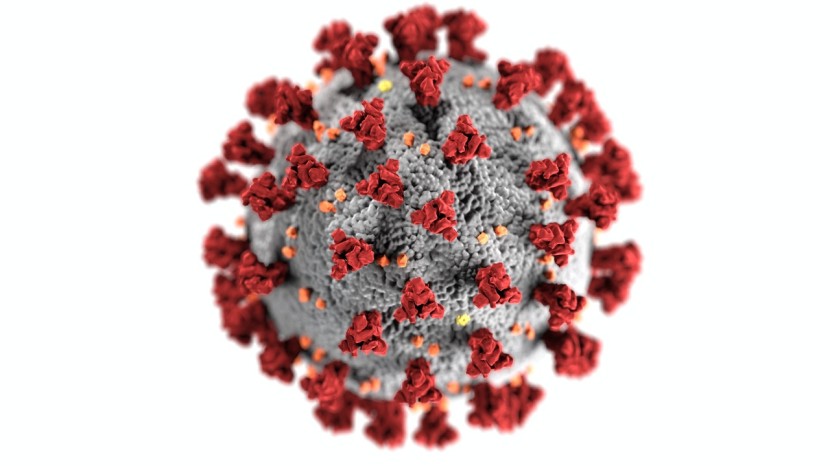
The coronavirus pandemic has gone on for more than two years now and continues to be a major threat to people's health as more variants are discovered in several parts of the world.
New research found that COVID-19 variants are continuing to evolve to have higher infectivity and antibody escape. The study, which was published in ACS Infectious Diseases, analyzed 1.5 million coronavirus cases and discovered that there were more than 680 unique mutations to the receptor-binding domain.
COVID-19 Variant Evolution
This is the part of the coronavirus spike protein that attaches itself to human cells and results in a person getting sick. The researchers found that in all mutations, the virus had increased infectivity, which was the driving force for viral evolution.
In highly vaccinated populations, they also found mutations have allowed the virus to become resistant to coronavirus vaccines, strains which have become dominant in many regions. The results of the analysis suggest that the Omicron variant is more than 10 times more infectious than the original coronavirus strain. It was also roughly 2.8 times more infectious than the Delta variant, as per Deseret.
The researchers said that the continued mutations of the coronavirus variant warrant new vaccines and antibody therapies to combat the threat. Experts argued that it was essential to understand how SARS-CoV-2 evolves to be able to predict vaccine breakthroughs and design mutation-proof vaccines as well as monoclonal antibody treatments.
The study, led by Guo-Wei Wei and colleagues, used an AI model to predict how the mutations affect the binding strength of the RBD to ACE2 and to 130 antibody structures, including monoclonal antibodies used as therapies. The researchers predicted that certain combinations of mutations have a high possibility of massive spread.
According to News Medical, in a separate study in the Journal of Chemical Information and Modeling, Wei and other researchers studied the Omicron variant in depth. They found that this particular strain was 14 times more likely to escape current vaccines compared to the Delta variant.
Health Crisis
The situation comes as the United States continues to fight against the health crisis in an attempt to go back to normalcy. There are millions of Americans who have weakened immune systems, disabilities, or illnesses that make them particularly more vulnerable to the virus.
They are at higher risk of succumbing to isolation and depression, which has been amplified as some parts of the world seem to have started moving on from the pandemic. Many people have, since March 2020, stayed at home, kept their children out of school, and skipped medical care rather than take risks with the virus by going outside.
As the health crisis approaches its third year, affected Americans are starting to cope with exhaustion and grief with the help of public support for precautions plummeting and governors of even some of the most liberal states removing mask mandates.
Health professionals characterized as roughly 3% of America's adult population, which is more than seven million people, are immunocompromised. The condition is brought about by either a disease, medication or other treatment that weakens their immune response. This makes the coronavirus infection much deadlier to them and vaccines having less efficacy, the New York Times reported.
Related Article:
Bill Gates Warns About New Pandemic Amid Weakening of COVID-19: "It Will Be a Different Pathogen"








